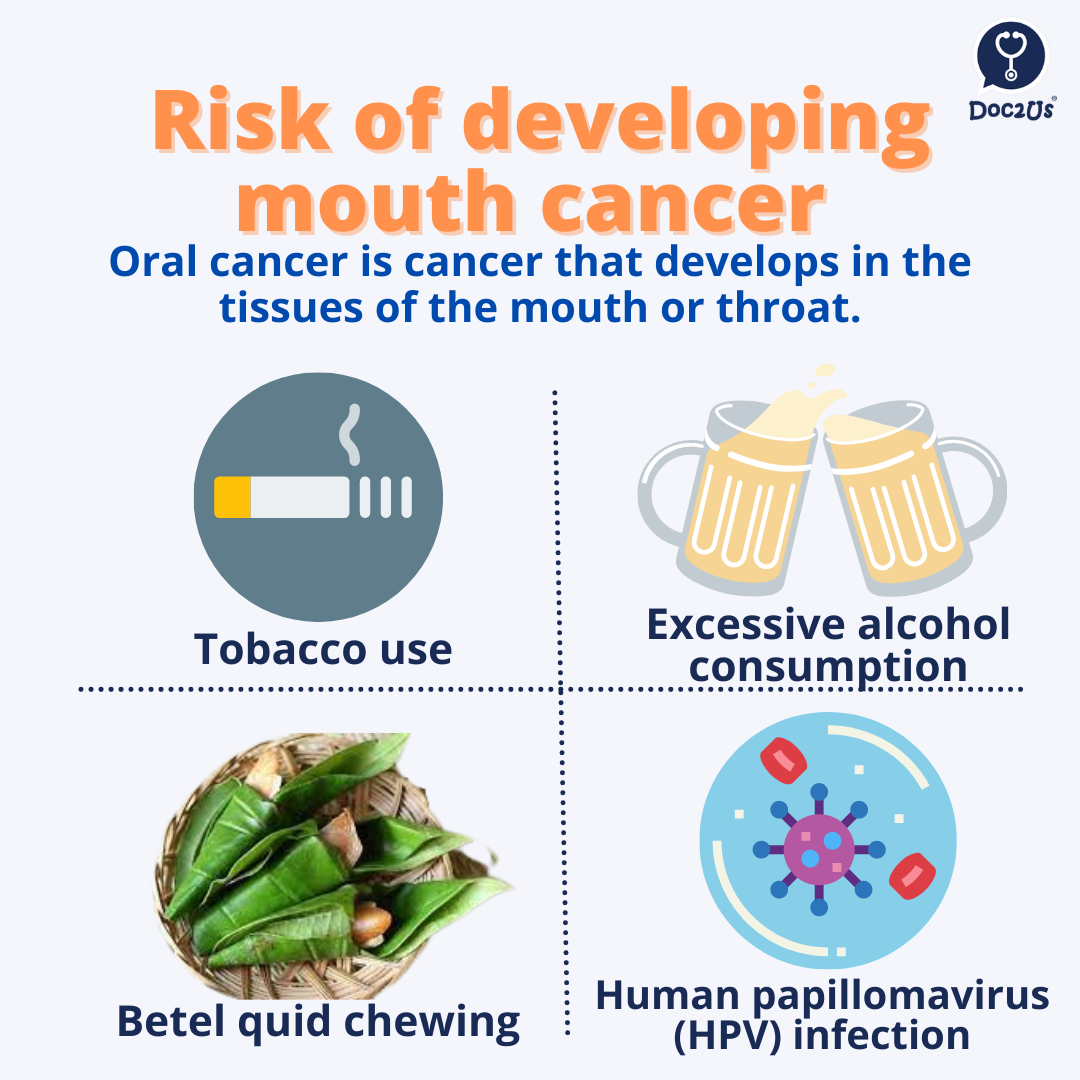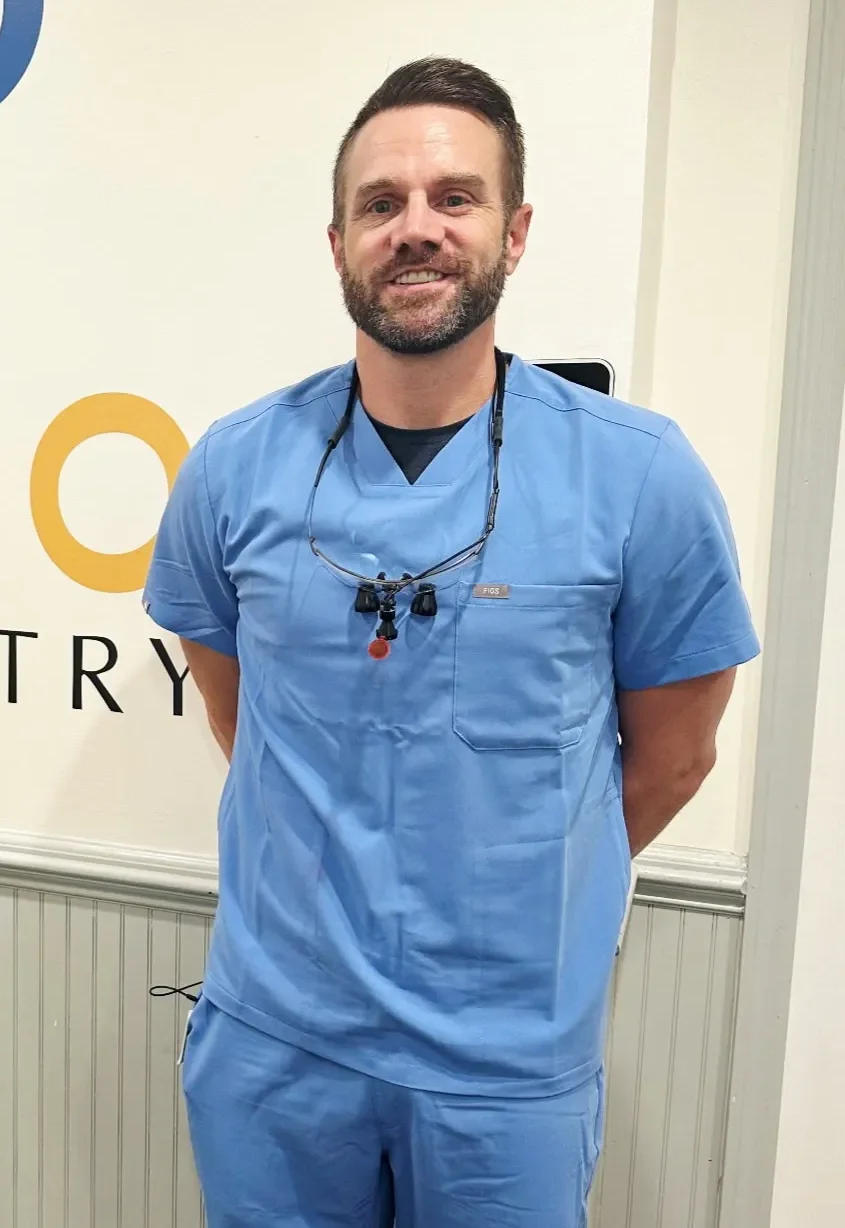Oral Cancer Screenings in Irmo

Life-Saving Early Detection
Oral cancer screenings are a critical component of comprehensive preventive dental care at Irmo Dentistry. Dr. Jameson Davis and our experienced team understand that early detection of oral cancer dramatically improves treatment outcomes and survival rates. Our thorough screening process examines all areas of your mouth, throat, and surrounding tissues to identify suspicious changes that may indicate the presence of cancerous or precancerous conditions.
During every routine examination, we conduct comprehensive oral cancer screenings as part of our commitment to protecting your overall health and well-being. Our systematic approach combines visual and tactile examination techniques with advanced diagnostic tools to ensure that we identify any abnormalities in their earliest stages. We serve patients throughout Irmo and surrounding South Carolina communities, providing this life-saving service with the thoroughness and expertise you deserve for optimal health protection.
Dental emergencies happen. Get immediate professional care with our same-day emergency appointment availability.

BENEFITS OF ORAL CANCER SCREENINGS
Early Detection Advantage
Regular oral cancer screenings significantly improve survival rates by detecting cancerous and precancerous changes in their earliest stages. When caught early, oral cancer has a much higher cure rate and requires less invasive treatment options. Early detection can literally save your life while preserving your quality of life.
Peace of Mind
Regular screenings provide reassurance and peace of mind, especially for patients with risk factors for oral cancer. Knowing that trained professionals are monitoring your oral health for signs of cancer allows you to feel confident about your health status and take proactive steps to protect your well-being.
Quick and Comfortable
Oral cancer screenings are quick, painless, and performed as part of your regular dental examination. The entire screening takes only a few minutes and requires no special preparation or recovery time. This simple, non-invasive procedure can detect potentially life-threatening conditions with minimal time investment.
STEPS OF PROCEDURE
Process
Step 1
Medical History Review
We begin by reviewing your medical history, discussing any risk factors, and asking about symptoms you may have experienced. We inquire about tobacco use, alcohol consumption, family history, and other factors that may increase your risk of developing oral cancer.
Step 2
Visual Examination
Dr. Davis performs a comprehensive visual examination of your lips, gums, tongue, inner cheeks, roof, and floor of your mouth, and throat area. We look for unusual colors, textures, swelling, or other abnormalities that may indicate the presence of cancerous or precancerous tissue.
Step 3
Physical Palpation
We gently feel the tissues in your mouth, neck, and jaw area to check for unusual lumps, bumps, or areas of tenderness. This tactile examination helps identify abnormalities that may not be visible during the visual inspection, ensuring comprehensive screening coverage.
Step 4
Advanced Screening Technology
When indicated, we may use specialized screening tools such as enhanced lighting or tissue fluorescence technology to better visualize suspicious areas. These advanced diagnostic aids help us identify abnormalities that might be missed during conventional examination techniques.
Step 5
Documentation and Follow-up
We document all findings and discuss results with you immediately. If we identify any areas of concern, we explain our findings, discuss next steps, and arrange appropriate referrals or follow-up appointments to ensure prompt evaluation and treatment if needed.

Risk Factors and Prevention
Understanding oral cancer risk factors empowers you to make informed decisions about your health and lifestyle. Major risk factors include tobacco use in any form, excessive alcohol consumption, HPV infection, prolonged sun exposure to the lips, and a family history of cancer. Age also plays a role, with most oral cancers occurring in people over 40, though younger individuals can also develop these conditions.
At Irmo Dentistry, we believe that education is a powerful tool in cancer prevention. We provide comprehensive information about risk reduction strategies, including tobacco cessation resources, dietary recommendations, and lifestyle modifications that can significantly reduce your risk of developing oral cancer. Our team works with you to develop personalized prevention strategies that fit your lifestyle while providing maximum protection for your oral and overall health.
Expert Cancer Screening Specialist
Dr. Jameson Davis has extensive training in oral cancer detection and screening techniques, understanding the critical importance of thorough, systematic examinations. His experience serving diverse patient populations has given him expertise in recognizing the subtle signs of oral cancer in patients of all ages and backgrounds. Dr. Davis stays current with the latest advances in oral cancer screening technology and techniques to ensure that his patients receive the most comprehensive and effective screening available. His commitment to early detection has helped identify several cases of oral cancer in their earliest stages, leading to successful treatment outcomes and saving lives. He believes that regular screening is one of the most important services he can provide to protect his patients’ long-term health and well-being.

FAQS
Who should receive regular oral cancer screenings?
Everyone should receive regular oral cancer screenings as part of their routine dental care, regardless of risk factors. However, individuals with higher risk factors such as tobacco use, excessive alcohol consumption, HPV infection, or a family history of cancer should be especially diligent about regular screenings. We recommend annual screenings for most patients, with more frequent examinations for high-risk individuals based on their specific circumstances.
What are the early signs and symptoms of oral cancer?
Early signs of oral cancer may include persistent mouth sores that don’t heal, red or white patches in the mouth, unexplained bleeding, difficulty swallowing or chewing, chronic sore throat, changes in voice, or lumps in the neck or mouth area. However, early oral cancer often has no symptoms, which is why regular professional screenings are so important for early detection.
How accurate are oral cancer screenings?
Professional oral cancer screenings are highly effective at detecting suspicious changes, though they are screening tools rather than diagnostic tests. If we identify areas of concern during your screening, we may recommend follow-up evaluation or biopsy for definitive diagnosis. The combination of visual examination, palpation, and advanced screening technology provides comprehensive detection capabilities.
What happens if something suspicious is found during my screening?
If we identify any areas of concern, we’ll discuss our findings with you immediately and explain the next steps. This may include monitoring the area over time, additional imaging, or referral to a specialist for further evaluation. Many suspicious areas turn out to be benign, but prompt evaluation ensures that any serious conditions are addressed quickly and effectively.
Are oral cancer screenings covered by insurance?
Most dental insurance plans cover oral cancer screenings as part of routine preventive care, often at 100% coverage. We accept most major insurance plans and will help you understand your benefits. Even if screening isn’t fully covered, the minimal cost is insignificant compared to the potential life-saving benefits of early detection.
How can I reduce my risk of developing oral cancer?
You can significantly reduce your oral cancer risk by avoiding tobacco products, limiting alcohol consumption, practicing safe sun exposure habits, maintaining good oral hygiene, eating a healthy diet rich in fruits and vegetables, and receiving regular dental care, including cancer screenings. We provide personalized risk reduction counseling based on your individual risk factors and lifestyle.
